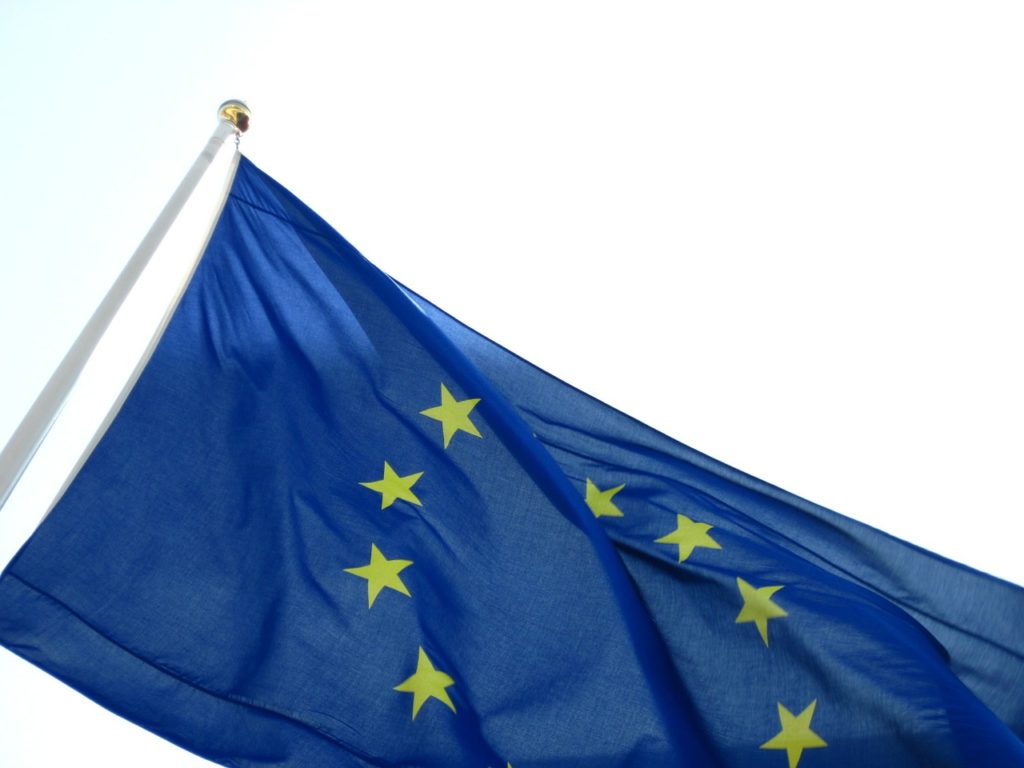The European Securities and Markets Authority (ESMA) has updated today its Question and Answers (Q&As) regarding the implementation of the Markets in Financial Instruments Directive (MiFID II). Today’s update clarifies the application of the trading obligation for shares to trade certain instruments on-venue.
MiFIR introduces a trading obligation for shares that will require investment firms to ensure that the trades they undertake in shares admitted to trading on a regulated market, or traded on a trading venue, take place on a regulated market, MTF, systematic internaliser, or an equivalent third-country trading venue.
Given the importance of this provision and its correct implementation amongst market participants, ESMA is publishing the below Q&A clarifying that all EU investment firms that are part of a chain of transmission should ensure that the ultimate execution of the order complies with the trading obligation requirements under Article 23(1) of MiFIR.
ESMA is aware that the scope of the trading obligation in Article 23, and the absence of the relevant equivalence decisions, might cause issues for investment firms that wish to undertake trades in non-EEA shares in the primary listing venues of such shares. ESMA and the European Commission are working closely together to resolve those issues. While the Commission is preparing equivalence decisions for the non-EU jurisdictions whose shares are traded systematically and frequently in the EU, the absence of an equivalence decision taken with respect to a particular third country’s trading venues indicates that the Commission has currently no evidence that the EU trading in shares admitted to trading in that third country’s regulated markets can be considered as systematic, regular and frequent.
Q&A – Trading Obligation for Shares
Q What is the scope of the trading obligation where there is a chain of transmission of orders?
A Article 23(1) of MiFIR determines the scope of the trading obligation for shares admitted to trading on a regulated market or traded on a trading venue by requiring investment firms to ensure that trades they undertake in shares take place on a regulated market, MTF, systematic internaliser or equivalent third country venue. Where there is a chain of transmission of orders concerning those shares all EU investment firms that are part of the chain (either initiating the orders or acting as brokers) should ensure that the ultimate execution of the orders complies with the requirements under Article 23(1) of MiFIR.
As an example, where an EU investment firm transmits an order for a share admitted to trading on a regulated market or traded on a trading venue to an EU investment firm that subsequently passes it on to a non-EEA firm, the EU investment firms should ensure the trade is undertaken in accordance with the requirements set out in Article 23 of MiFIR, i.e. on a regulated market, MTF, systematic internaliser or equivalent third country venue.
